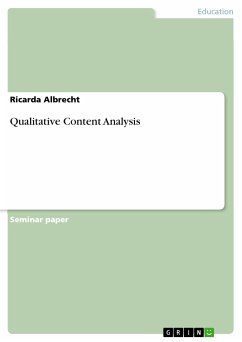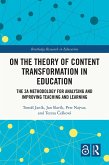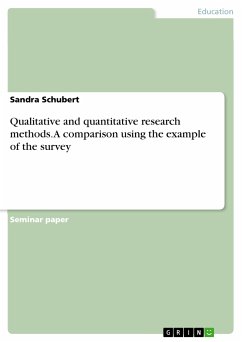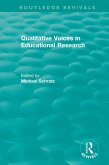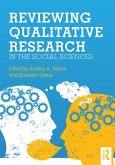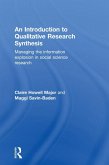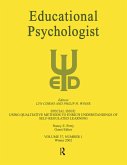Seminar paper from the year 2021 in the subject Pedagogy - Science, Theory, Anthropology, grade: 1,7, University of Potsdam (Institut für Erziehungswissenschaft), course: Inhaltsanalyse in der empirischen Bildungsforschung, language: English, abstract: In order to process and systematically evaluate large amounts of data, content analysis and especially qualitative content analysis have increasingly found their way into empirical research in recent years. One can even say that techniques of qualitative content analysis have become a standard method of text analysis in the social sciences. The first proposals for qualitative content analysis were made as early as the 1950s, but the most sophisticated and popular approach today is probably that of Phillip Mayring, who developed it thirty years ago and continues to develop it. Qualitative content analysis according to Mayring will therefore also be the focus of this work. However, qualitative content analysis is difficult to bring down to a "common denominator". There is a variety of methods and the demand to adapt the techniques to the respective concrete research material only allows the formulation of rough guidelines for qualitative content analysis. Nevertheless, this paper is intended to provide an overview of qualitative content analysis, in particular of Mayring's theory. In the following, a definition of qualitative content analysis will be attempted and important features of the procedure will be listed. Then the procedure will be methodologically classified and a closer look will be taken at which elements of qualitative and quantitative analyses can be found in it. In order to describe qualitative content analysis in more detail, the three basic forms of this method, explication, structuring and summarising, will be briefly explained and illustrated by means of specially devised examples. In the following, the procedure of qualitative content analysis will be presented, with a focus on the summarising content analysis, in order to gain a detailed insight into the implementation of the method. In addition, the work will be supplemented with a presentation of the possibilities and limitations of the presented method as well as with exemplary application possibilities. In order to give a final conclusion on this method, experiences from a practical exercise with this method will be reported and briefly evaluated, and a short assessment of the method will be attempted.
Dieser Download kann aus rechtlichen Gründen nur mit Rechnungsadresse in A, B, BG, CY, CZ, D, DK, EW, E, FIN, F, GR, HR, H, IRL, I, LT, L, LR, M, NL, PL, P, R, S, SLO, SK ausgeliefert werden.

